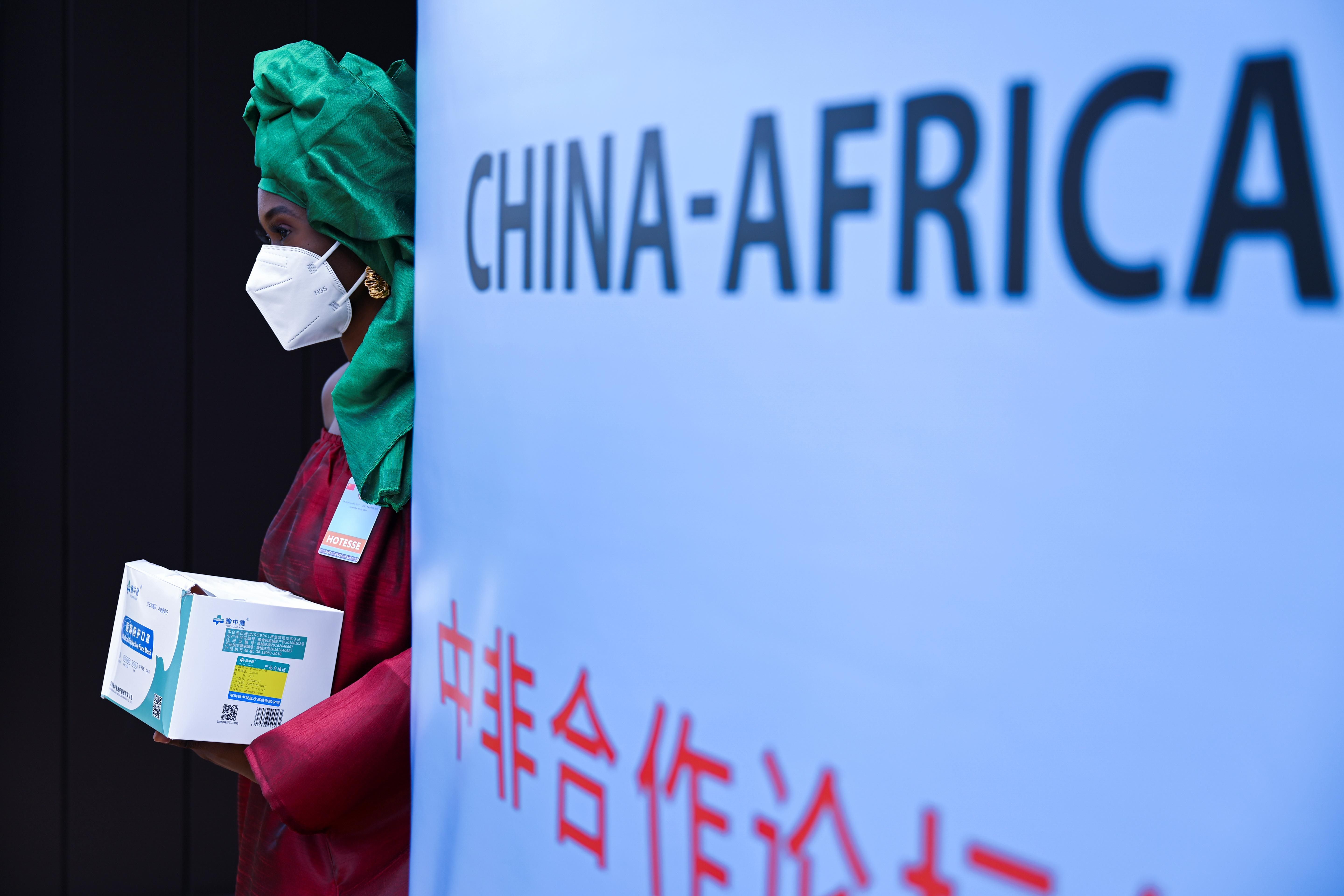254 billion: Trade between Africa and China reached an all-time high of $254 billion in 2021, up more than a third from the previous year. But most of the increase came from a jump in Chinese exports, which continue to dwarf Africa’s exports to China.
15: To disperse ongoing demonstrations against the country’s strict covid policies, New Zealand authorities tried blaring a 15-minute loop of Barry Manilow’s greatest hits and the famously insufferable (but curiously addictive) Macarena. Undaunted, the protesters — inspired by the Canadian “Freedom Convoy” — remain outside the parliament building. PM Jacinda Ardern says the protests are “imported.”
54: The Indian government has reportedly banned at least 54 more Chinese apps, citing their threat to privacy and security. With broader economic and strategic tensions rising between the two Asian giants, Delhi has banned more than 220 Chinese apps over the past two years.
25: Remittances to Mexico and several Central American countries
soared 25 percent last year, reaching historical levels as the US’ pandemic stimulus and broader economic recovery put more cash in workers’ hands. In Honduras and El Salvador, money sent back from overseas now accounts for a quarter of the economy.
